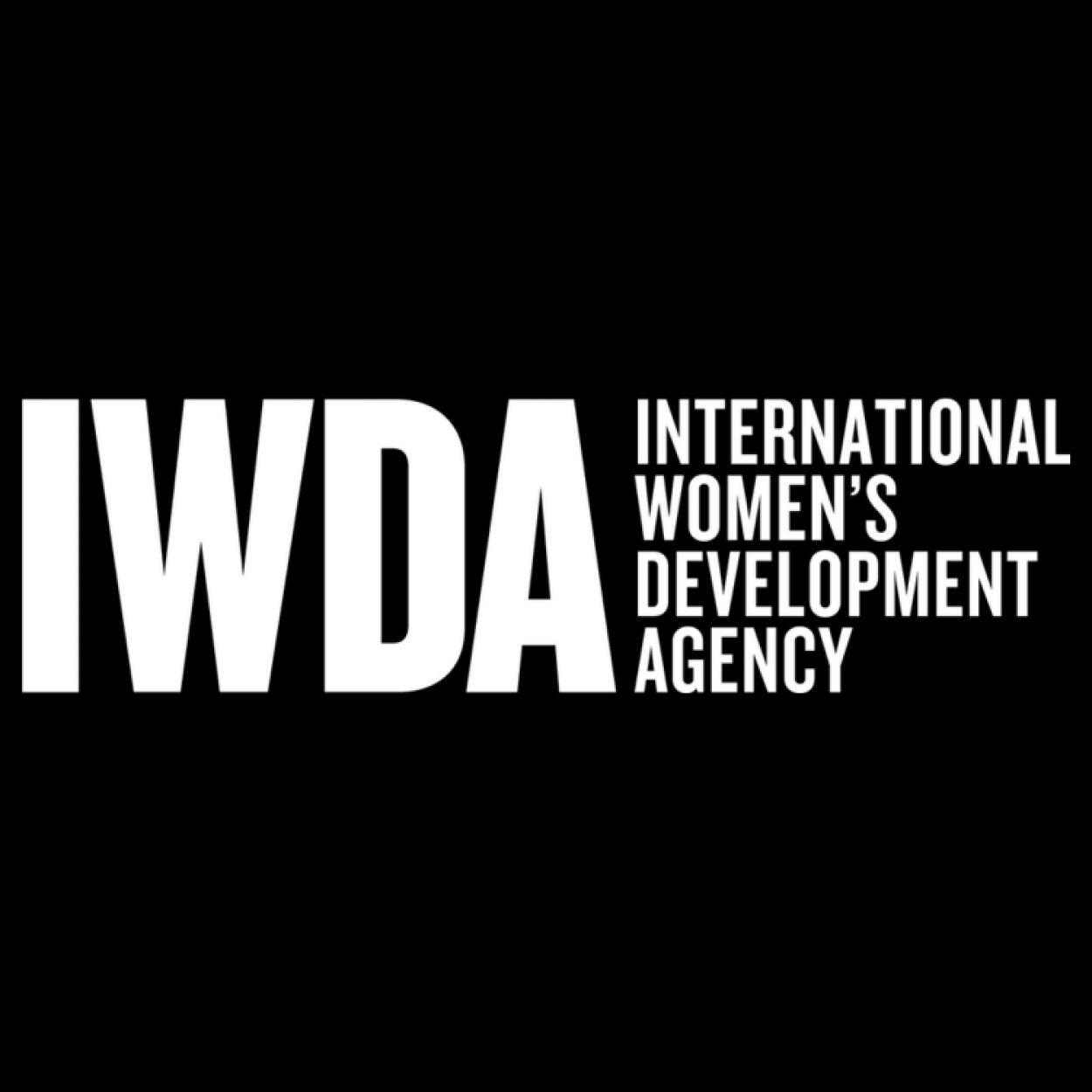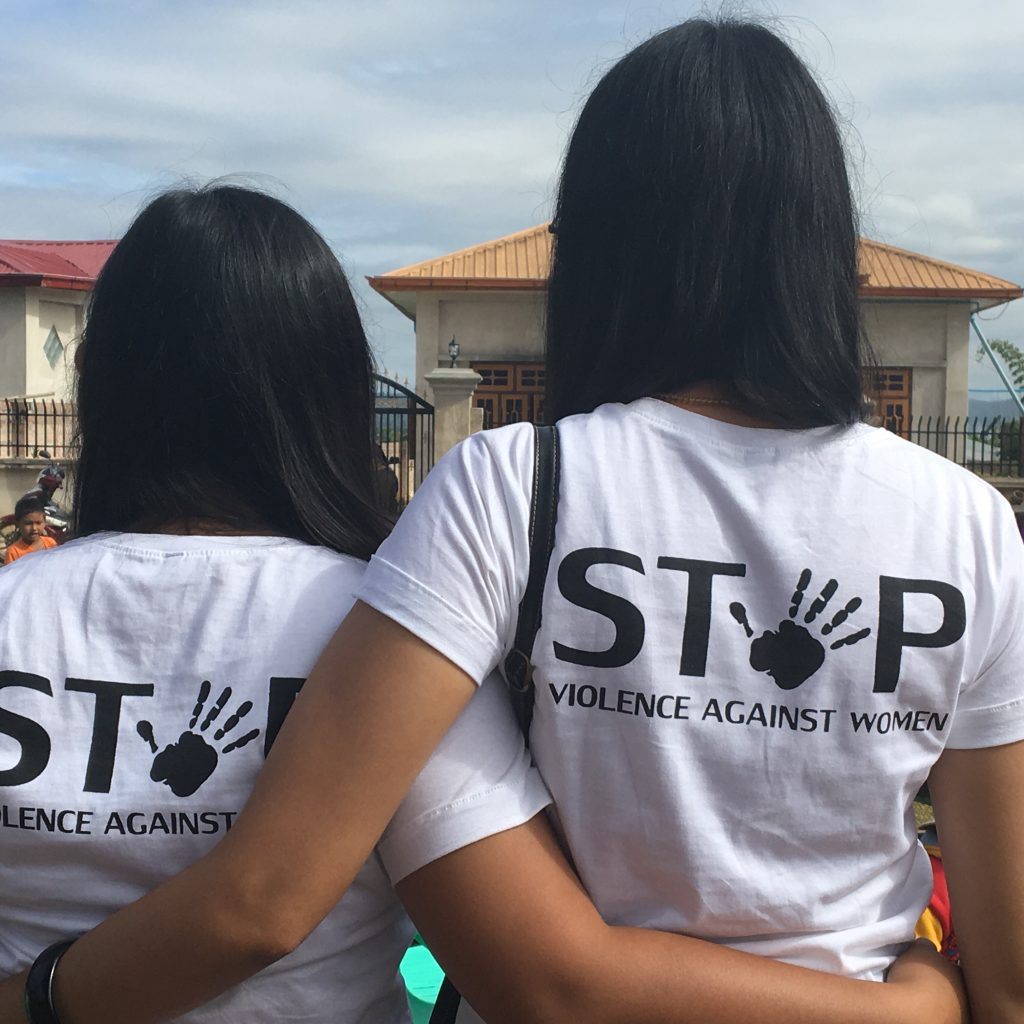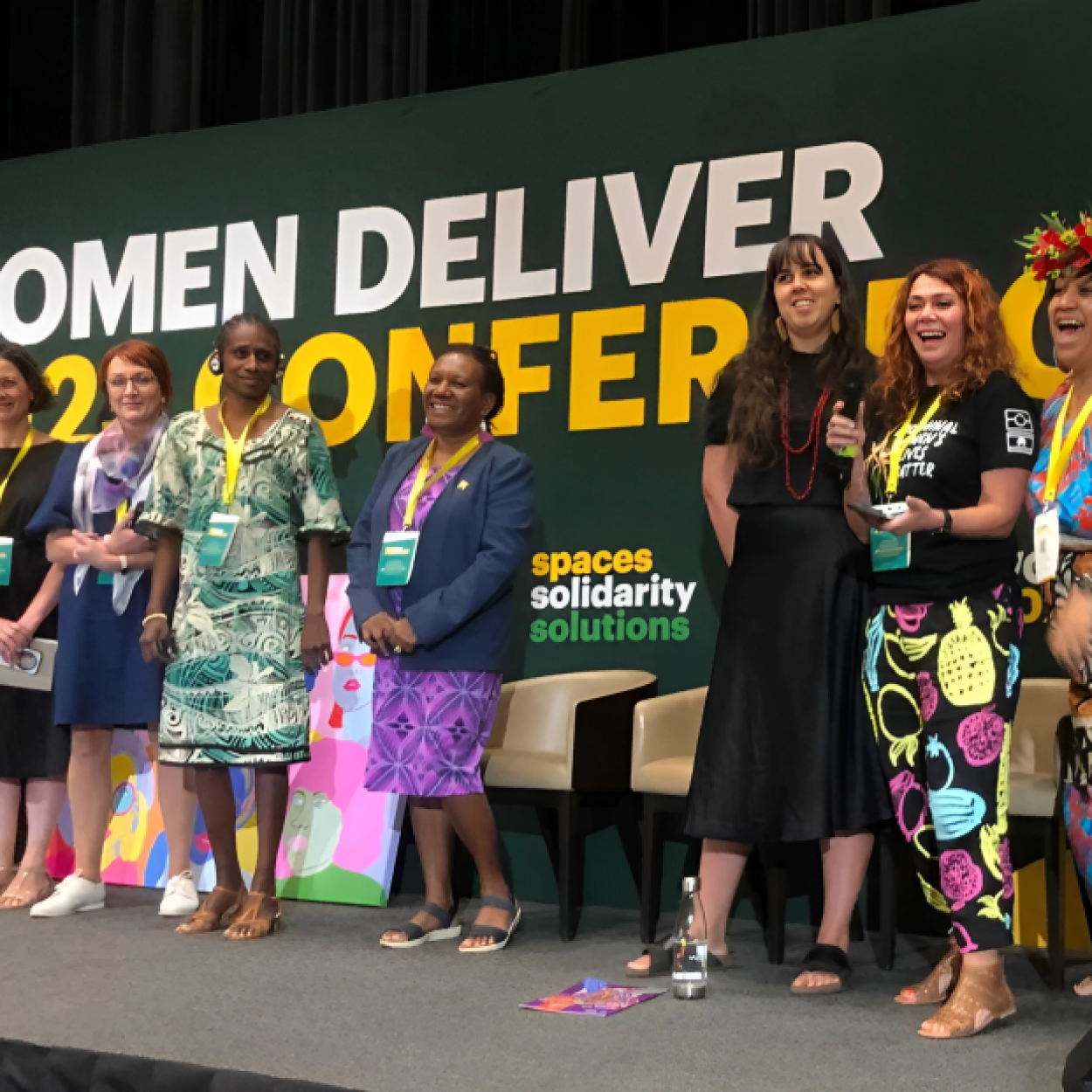UN Special Rapporteur on Violence against Women finds rates of gender-based violence in Australia “disturbing”
Ms. Dubravka Šimonović is the United Nations Special Rapporteur on Violence against Women. Special Rapporteurs have a mandate from the United Nations Human Rights Council to monitor, advice and report on a specific country or thematic – in Šimonović’s case, this is violence against women.
At the end of her first official visit to Australia, the Special Rapporteur reflected that violence against women in Australia remains a huge issue.
“Violence against women in Australia has recently been recognized as a pandemic by political leaders at the highest levels of Government. However despite the strong political will to address the issue, violence against women is disturbingly common in Australia,” Šimonović said.
During her fifteen-day visit, the Special Rapporteur visited five out of the six state level governments as well as the ACT and the Northern Territory. Her report recommends measures, ways and means, at the national, regional and international levels, to eliminate violence against women and its causes, and to remedy its consequences.
The Rapporteur advised Australia harmonise our legal frameworks, with state discrepancies limiting women’s full protection.
“Women’s human rights in Australia are protected in an incomplete, patchwork way in different States and Territories,” she said.
She also highlighted unsustainable pathways for supporting victims and survivors of violence.
“I call on the Government to provide the necessary funding to match the current and future needs of women who are seeking advice and assistance to protect their lives in line with its human rights obligations,” she said.
Sadly, she also emphasised the institutional, systemic, multiple, intersecting forms of discrimination that Aboriginal and Torres Strait Islander women face.
“In addition to sexism and racism, many women are victims of class-based discrimination due to their low socio-economic status, as well as social exclusion accentuated by their regional or remote geographical location. These factors manifest themselves in an alarmingly high prevalence of violence against Aboriginal and Torres Strait Islander women who continue to experience higher rates of domestic and family violence and more severe forms of such violence as compared to other women. For example, they are 32 times more likely to be hospitalized because of domestic/family violence and up to 3.7 times more likely than other women to be victims of sexual violence,” she said.
It was interesting to hear her observation that “the Council of Australian Governments (COAG) and its Advisory Panel on Reducing Violence against women and their children have, in particular in the absence of a national legislation on violence against women, play a pivotal role in ensuring consistency across jurisdictions and information sharing.”
She praised organisations like Our Watch for their capacity to drive nation-wide change in the culture, behaviours and attitudes and she warmly acknowledged “the personal commitments and dedication of those who have experienced family or domestic violence and who had the strengths to find the silver lining in their tragedy to become tireless advocates on actions needed to address violence against women and on the importance of integrating victims’ voices into all laws, policies and programmes.”
IWDA was pleased and proud to meet the Special Rapporteur during her visit and highly recommends reading her End of Mission Statement, which can be found here.




